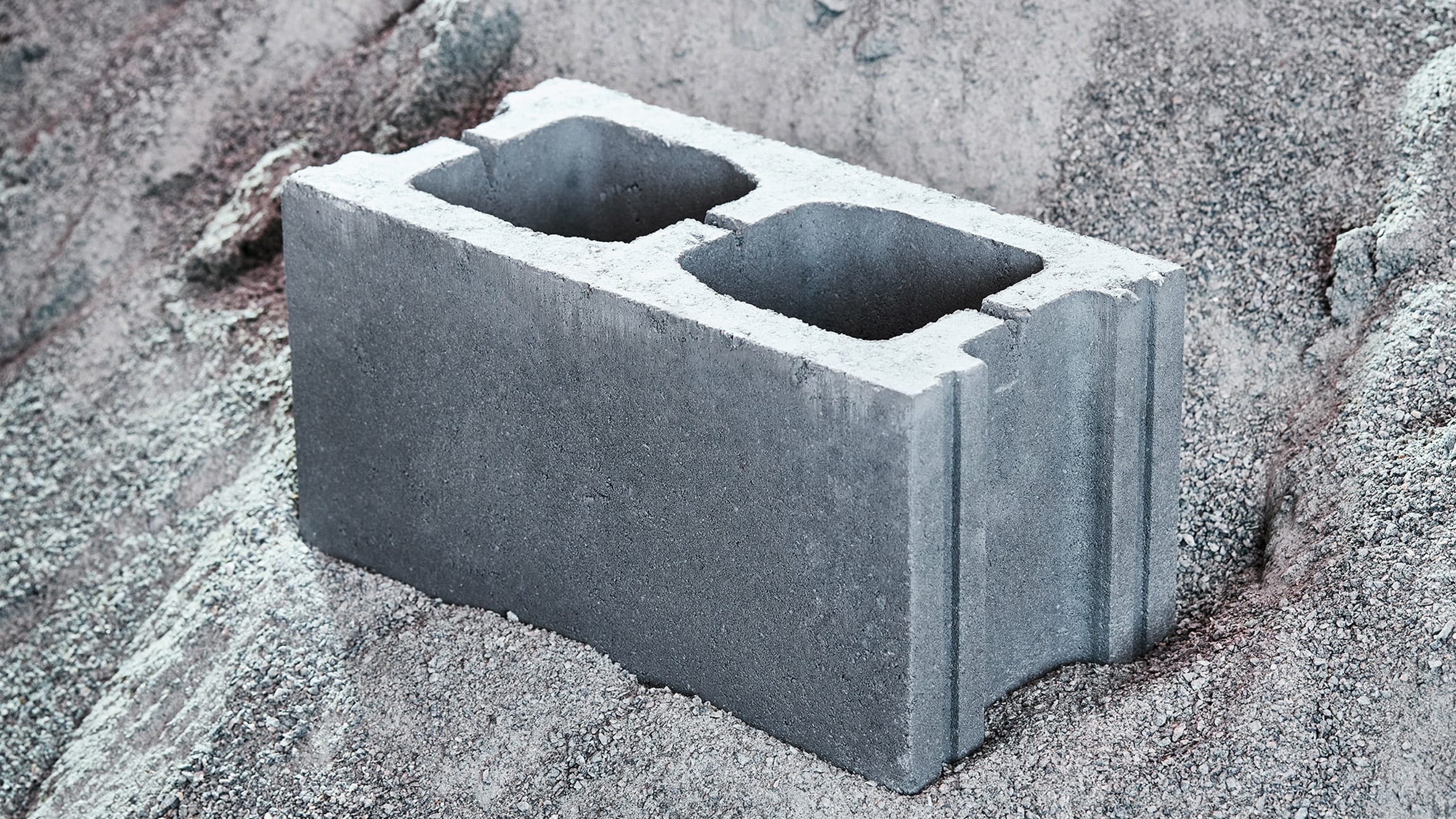Introducing the Eco-Friendly Advantages of Using Recycled Concrete in Sustainable Building And Construction Practices
In the world of lasting building methods, the utilization of recycled concrete stands as a pivotal yet typically undervalued source. Past its traditional applications, recycled concrete deals a myriad of eco-friendly benefits that expand far beyond the boundaries of standard building materials. From lowering ecological impact to boosting cost-efficiency, the effects of integrating recycled concrete in sustainable structure practices are substantial. This functional material not just addresses pressing environmental problems however also presents a practical service to the obstacles dealt with by the building and construction sector at huge.
Environmental Advantages
Undoubtedly, one of one of the most substantial advantages of making use of recycled concrete is its positive influence on the environment. By incorporating recycled concrete right into construction methods, there is a substantial reduction in the requirement for brand-new resources, resulting in conservation of natural deposits. This procedure assists in protecting aggregates, water, and power that would have been utilized in generating brand-new concrete. In addition, making use of recycled concrete decreases the quantity of waste being sent to landfills, therefore lowering environmental pollution and alleviating the stress on landfill abilities.

In contrast, recycled concrete has a reduced carbon footprint as it reduces the need for brand-new concrete production. In general, the environmental benefits of using recycled concrete are substantial and play a crucial role in advertising eco-friendly construction approaches.
Cost-Efficiency
When evaluating the use of recycled concrete in building and construction projects,Attaining cost-efficiency is a paramount consideration. Among the essential benefits of using recycled concrete is its cost-effectiveness compared to standard concrete. The production of recycled concrete involves less power and sources as it utilizes existing materials, minimizing the total project expenses significantly. Furthermore, the schedule of recycled concrete locally can even more decrease transportation expenses, making it an extra cost-effective choice for construction jobs.
Additionally, making use of recycled concrete can lead to financial savings in landfill prices by drawing away concrete waste from disposal websites. This not only reduces the ecological impact yet also gets rid of the expenses related to waste elimination. The toughness and efficiency of recycled concrete are equivalent to conventional concrete, ensuring that cost savings do not compromise the high quality of the building.
Sturdiness and Stamina
Taking into consideration the substantial cost-efficiency benefits of utilizing recycled concrete, it is important to analyze its longevity and toughness in construction applications. Recycled concrete offers comparable, if not premium, longevity and strength buildings to traditional concrete. Through developments in processing techniques and top quality control, recycled concrete can meet or exceed the performance criteria of conventional concrete. The procedure of recycling concrete entails crushing, arranging, and screening old concrete to generate aggregates that can be used in brand-new construction jobs. These recycled aggregates can supplying satisfactory compressive stamina, resilience, and lasting performance.

Waste Reduction
Reliable waste decrease practices play a crucial role in the sustainable use of sources within the construction market. When it involves using recycled concrete, waste reduction is a crucial benefit that contributes dramatically to environmental conservation. Standard building and construction approaches commonly generate significant amounts of waste, particularly in the kind of concrete debris from demolition websites. By incorporating recycled concrete into construction jobs, this waste is repurposed and drawn away from land fills, lowering the overall environmental effect of building activities.
Recycled concrete not just helps in minimizing the amount of waste that ends up in garbage dumps yet additionally preserves natural deposits by decreasing the demand for new accumulated materials. This process of waste decrease advertises a Discover More Here round economic situation within the hop over to here construction market, where products are reused and reused to produce a more lasting sector. In addition, the use of recycled concrete can result in set you back savings for construction tasks, as it is commonly much more affordable than sourcing and transferring new products. To conclude, waste reduction through the use of recycled concrete is an essential part of lasting construction practices that benefits both the building and the environment sector all at once.
Power Preservation
Energy conservation is an important facet of sustainable construction methods, intending to reduce the general power intake related to building procedures and products manufacturing. Considerable energy financial savings are achieved compared to standard concrete manufacturing when it comes to making use of recycled concrete in construction. The process of creating recycled concrete includes crushing and reusing existing concrete products, which eats much less power than mining, processing, and transporting basic materials for new concrete production. Furthermore, making use of recycled concrete can assist reduce the demand for virgin aggregate, more decreasing the energy-intensive extraction and handling of all-natural sources.
Final Thought
To conclude, the usage of recycled concrete in sustainable construction practices offers numerous ecological benefits, cost-efficiency, toughness, stamina, waste decrease, and power conservation. By including recycled concrete into building projects, we can add to a much more sustainable and eco friendly future. It is vital for the building sector to focus on making use of recycled products to help in reducing the ecological effect of construction tasks.
One of the essential advantages of utilizing recycled concrete is its cost-effectiveness compared to traditional concrete.Additionally, the use of recycled concrete can lead to financial savings in land fill expenses by drawing away concrete waste from disposal sites. The resilience and efficiency of recycled concrete are comparable to standard concrete, guaranteeing that expense savings do not jeopardize the top quality of the construction.
:max_bytes(150000):strip_icc()/GettyImages-941748918-5c7f3654c9e77c00012f82f6.jpg)